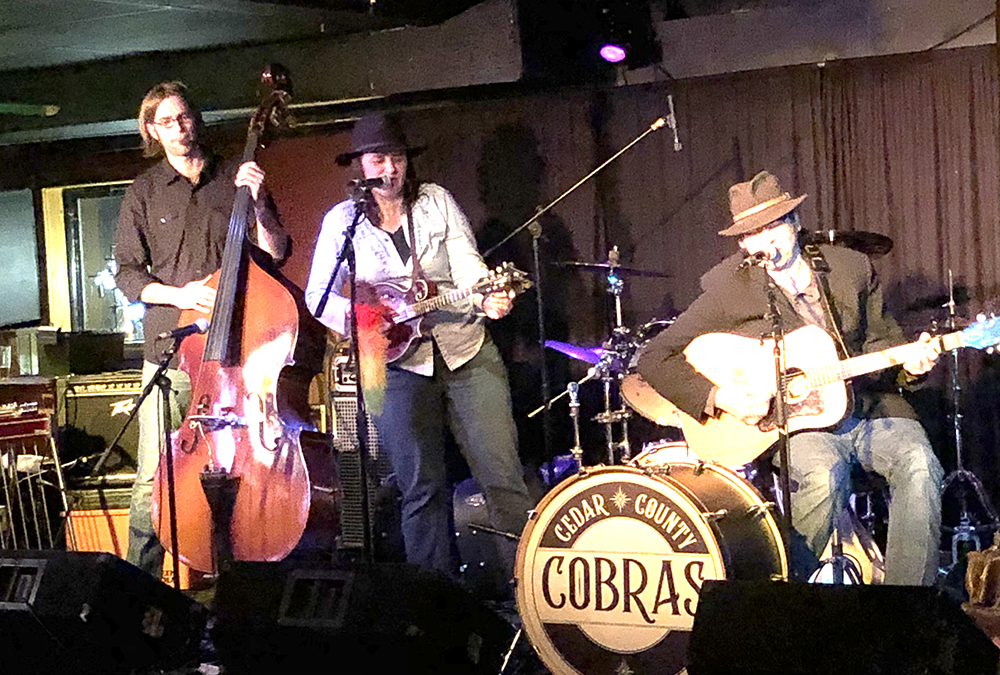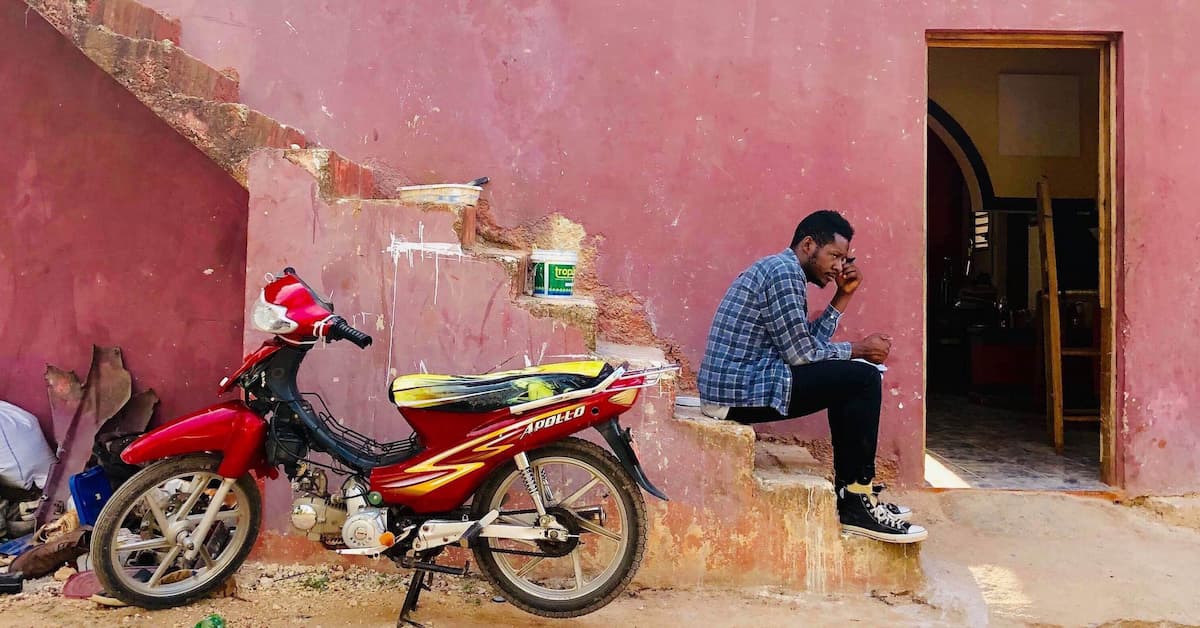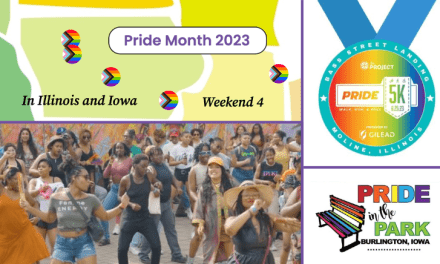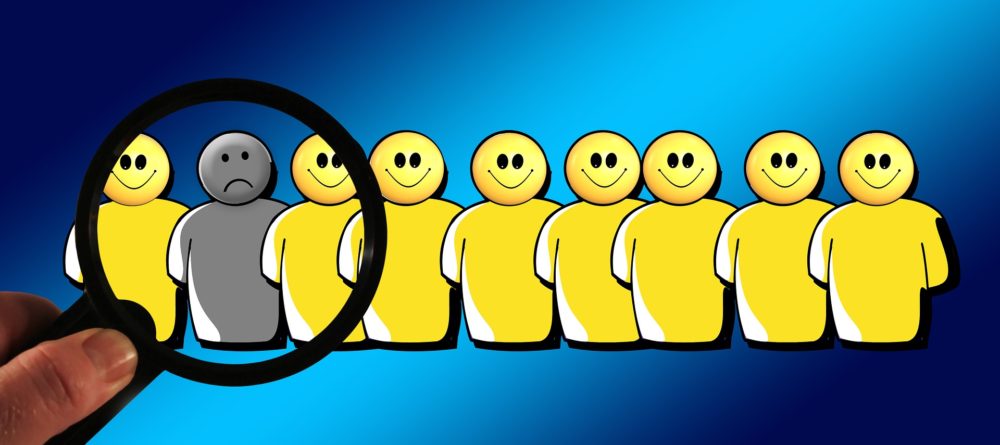The compensation for these performances rarely matches the effort and time musicians put into their craft. This doesn’t even account for the time and energy spent booking shows, rehearsing, traveling, and setting up equipment.
Typically, musicians make $50 to $75 a night. If you’re part of a band, you earn only a fraction of that.
Even worse, in the unregulated world of entertainment, you might get undercut or exploited. Clubs and bars may not pay you what they promised.
You may be asked to play longer than you agreed. Other bands may undercut your act, offering inferior quality music at a lower price to get an “in’” driving down prices across the whole scene, kicking you off your gig. You may be asked to play for free or for the sake of “exposure,” a term you can expect will send musicians into a frenzy of irritation and some strongly worded emails.
Here’s the irony: the music industry is on a huge upswing. Streaming services like Apple Music, Spotify, Google Play Music, and Tidal are bringing in more cash since the general decline of CD’s and Cassettes in the 2000’s. Last year, streaming brought in more money than traditional formats like CDs for the first time ever, wrote the Guardian. Streaming netted $6.6 billion total, while the industry as a whole saw $17.3 billion in revenue, up from its lowest point of $6.3 billion in 2009.
Big-name artists and labels are raking in cash as they rack up millions and millions of plays. Streaming services gain billions in subscription fees and advertisements. But this profit isn’t “trickling down” to local professionals and studio musicians, who hustle for work as independent artists. The gap between the haves and the have-nots is growing more extreme than ever, and it affects artists in our community.
In October 2018, Iowa musician, producer, and owner of Flat Black Studios in Lone Tree, Luke Tweedy, wrote a letter to the Little Village magazine in Iowa City, advocating for raising cover charges on local shows on local shows from $5 to $7. Some local venues and series did, like the Trumpet Blossom Cafe, Feed Me Weird Things, and Gabe’s Iowa City.
But the community raised some significant concerns: How might that extra $2 affect attendance, especially among poor artists and young people who struggle to make rent every month? If you get paid minimum wage or live on a musician’s salary, parting with that extra cash may be a difficult decision to make.
And what about places that have a “no cover” policy, where the management draws up payment as it sees fit? Often musicians are left with little room to negotiate higher rates, and they are ignored when they do ask for more.
From any angle, it’s a tough situation. But something clearly needs to change.
And while we might not get a livable wage for musicians overnight, there are some things you can do as audience members and supporters to get us started in the right direction.
For starters, remember that your appreciation shouldn’t just come in compliments. It needs to come in dollars, too.
• Consider investing in independent musicians on Patreon.
• Buy albums on sites like Bandcamp.
• Buy the merchandise of the bands you to go to see live.
• Drop $5 in the tip jar of the next performer you see, especially if you didn’t pay a cover.
• Let management know you liked the music.
• Let your friends know, too, on social media.
Venues should ultimately endorse the $7 cover advocated by Luke Tweedy and others. Bars and clubs should bump up their music budget from the customary $200 per band, to $250 or $300 — or a larger portion of nightly bar sales.
Musicians have a responsibility, too. We need to ask for more. It can be uncomfortable, but we are worth it.
Music shapes our politics, provides a backdrop for our celebrations, and eases our suffering in mourning and depression. It helps us express our identity, our love, our rage. It exists in different forms in every culture across the world, and, in our country, we should be willing to spend some more to pay the people that make it.






